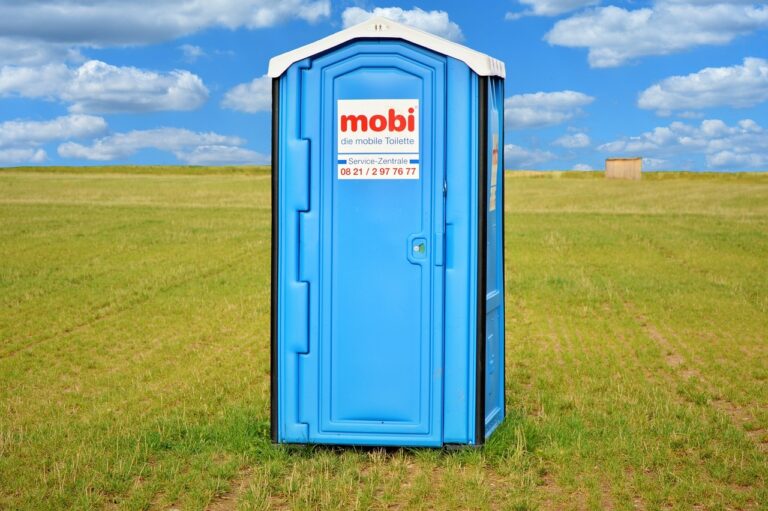Sustainable Practices in Music Production: Energy-efficient Studios and Eco-friendly Packaging
In the ever-evolving world of music production, the concept of energy efficiency is gaining momentum. Studios are adopting sustainable practices to reduce their environmental impact and lower operating costs. By incorporating energy-efficient lighting, equipment, and insulation, studios can minimize their electricity consumption while maintaining optimum productivity.
One innovative approach is the use of solar panels to harness renewable energy. By tapping into the power of the sun, studios can significantly cut down on their reliance on traditional sources of electricity. Additionally, implementing smart temperature controls and energy management systems allows studios to fine-tune their energy usage based on specific needs, further optimizing efficiency. By embracing these forward-thinking strategies, energy-efficient studios are not only reducing their carbon footprint but also setting a new standard for sustainable music production.
Reducing Carbon Footprint in Music Production
Music production studios have made significant strides in recent years to minimize their impact on the environment. One key way they are achieving this is by prioritizing energy efficiency in their operations. By investing in energy-efficient equipment and adopting sustainable practices, studios can significantly reduce their carbon footprint. From LED lighting to energy-saving appliances, every little change contributes towards a more eco-friendly music production process.
In addition to using energy-efficient technologies, studios are also exploring innovative ways to conserve energy. This includes implementing smart energy usage policies, optimizing studio layouts to maximize natural light, and incorporating renewable energy sources such as solar panels. By thinking creatively and being proactive in their approach to sustainability, music production studios can play a vital role in reducing carbon emissions and protecting the environment for future generations.
Innovative Ways to Conserve Energy in Recording Studios
Recording studios have started implementing energy-efficient lighting solutions to reduce electricity consumption. By using LED lights instead of traditional incandescent bulbs, studios can significantly cut down on their energy usage while maintaining adequate lighting levels for recording sessions. Additionally, the installation of motion sensors in recording spaces can ensure that lights are only activated when needed, further reducing unnecessary energy wastage.
Another innovative way that recording studios are conserving energy is by investing in energy-efficient equipment. By using modern, eco-friendly recording gear that is designed to consume less power without compromising on performance, studios can make a meaningful impact on reducing their overall carbon footprint. From energy-efficient audio interfaces to studio monitors with low power consumption rates, these upgrades not only help studios save on energy costs but also contribute to a more sustainable music production industry.
• Implementing energy-efficient lighting solutions such as LED lights
• Installing motion sensors to activate lights only when needed
• Investing in energy-efficient equipment like modern recording gear
• Using eco-friendly audio interfaces and studio monitors with low power consumption rates
What are some energy-efficient practices that recording studios can implement?
Recording studios can implement energy-efficient practices such as using LED lighting, investing in energy-efficient equipment, properly insulating the studio space, and utilizing natural light when possible.
How can recording studios reduce their carbon footprint in music production?
Recording studios can reduce their carbon footprint in music production by using renewable energy sources, incorporating energy-saving technologies, recycling and properly disposing of equipment, and promoting sustainability in their operations.
What are some innovative ways to conserve energy in recording studios?
Some innovative ways to conserve energy in recording studios include utilizing smart energy management systems, incorporating green building design principles, optimizing HVAC systems for energy efficiency, and implementing remote recording capabilities to reduce travel-related emissions.







